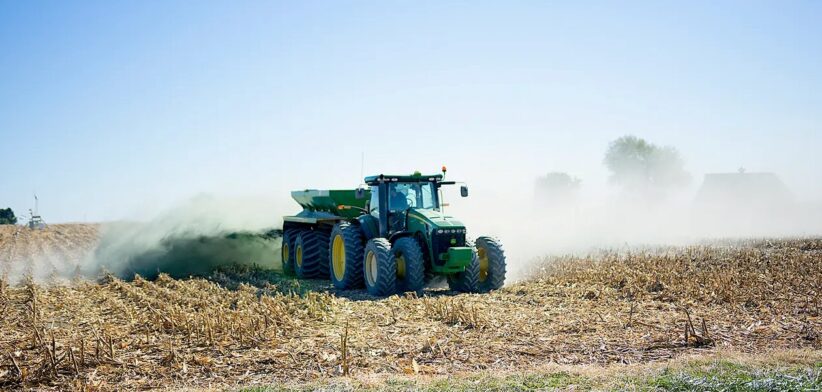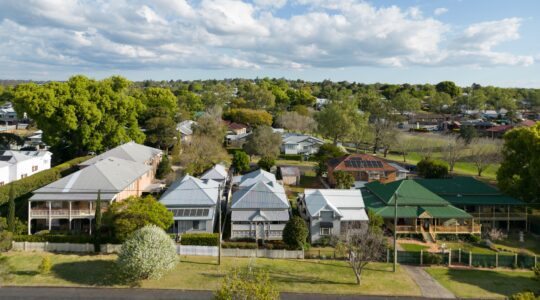Mine and quarry waste has the potential to save Australian farmers millions of dollars each year and reduce the agricultural sector’s carbon footprint.
University of South Australia (UniSA) environmental researcher Binoy Sarkar is leading a trial which uses crushed basalt to reduce a farmer’s reliance on fertiliser.
“Australian farmers spend nearly $1.2 billion a year to tackle soil acidification, using expensive liming materials that in themselves contribute to greenhouse gas emissions,” Dr Sarkar said.
“Large volumes of adequately fine rock particles – a byproduct of the mining and construction industry – can be bought for as little as $30 per ton and applied to soils using existing farm equipment, with negligible expense,” he said.
Dr Sarkar said basalt did not completely replace chemical fertilisers, but it could cut fertiliser amounts needed to grow crops, saving farmers money and improving profit margins.
He said farming with basalt solved two critical challenges facing Australian agriculture: Improving infertile soils and simultaneously removing greenhouse gas emissions from farming practices that included nitrogen fertilisers, deforestation and land clearing.
“As a country, we have committed to achieving net zero greenhouse gas emissions by 2050. Almost 18 percent of our emissions are produced by the agricultural sector, primarily from crop production and emissions from livestock.
“Lime is commonly used for correcting soil acidity, but it is expensive and contributes heavily to on-farm carbon dioxide emissions. Basalt naturally reduces acidity, captures carbon, and it also releases nutrients such as phosphorus, calcium, magnesium and silicon into the soil.”
Dr Sarkar said the research, which is being conducted in collaboration with James Cook University, the Tropical North Queensland Drought Hub, and industry partner Carbonaught Pty Ltd, would not only benefit Australia’s agricultural sector, but also the mining sector, where basalt was a byproduct that had to be dug and moved aside before reaching valuable minerals located at depth.
He said the byproduct was already crushed to make road building and construction materials, but finer fractions were stockpiled, often taking up large amounts of space with negligible commercial use.








